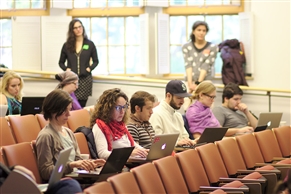Lidl to strip cartoons from 30 unhealthy foods after success of Oaklands Funsize fruit range
Supermarkets must introduce fruit and veg packaging that is more appealing to children, says one of the UK’s leading budget supermarkets.
Lidl, which has stores across Kent, is calling on retailers to introduce designs that make healthy food more appealing to youngsters as it announces plans to strip cartoon characters from unhealthy food packets by next spring.
The call comes as the dicsounter revealed that sales of its Oaklands Funsize fruit and vegetable range have increased by more than a third since it introduced specially designed packaging in 2017.
The collection comes with quirky names and characters such as Banana-Llamas and Tawny Tomatowl. While a competition to name and design some characters – including Koala Pears – led to nearly a quarter of a million extra packets being sold the year after the competition closed as the items became more appealing to children.
In a bid to combat ‘pester power’ Lidl also plans to take characters off more than 30 products including sweets, chocolate and savoury snacks.
All affected items are to get a new look – says the discount retailer – that will double down on its efforts to encourage families to pick a healthier diet.
In 2020 Lidl removed cartoons from its cereal packaging citing research that suggested more than two thirds of parents said characters on unhealthy food made it more difficult to entice their children with alternative healthier items.
Peter de Roos,Lidl’s chief commercial officer, said: “Our ambition is to make high quality, healthy food accessible to all, and the principal way we achieve this is through our best value prices. But we also recognise that there are other barriers in place, particularly concerning children, and parents are telling us that unhelpful packaging is one of them.
“This is something that’s so simple for us supermarkets to change, and our results show the positive impact that these small changes can make. We hope other supermarkets follow in our footsteps so that, as a sector, we can be confident we’re doing all we can to support parents in helping to improve the diets of the next generation.”




